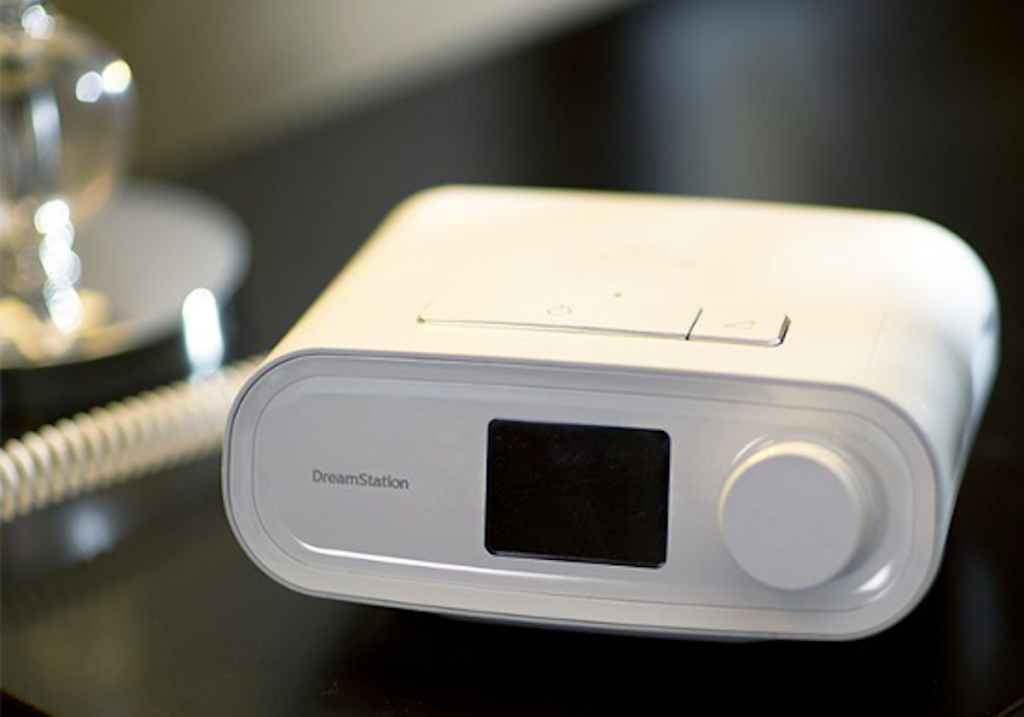Can CPAP Machines Be Used as Ventilators to Treat COVID-19?

The novel Coronavirus crisis has placed unexpected stresses on the health care supply system. A shortage of ventilators, one of the leading treatments for COVID-19, has compelled health professionals to seek out new, alternative ways to deliver respiratory support to patients affected with the Coronavirus. Repurposing other respiratory equipment is one such measure.
On March 22, the FDA said that manufacturers and health care professionals can make necessary modifications to convert continuous positive airway pressure (CPAP) and bi-level positive air pressure (BiPAP) machines to treat respiratory insufficiency, provided the design mitigations minimized aerosolization.1
However, according to a March 27, 2020 NPR report, this strategy can possibly increase the spread of infectious disease by aerosolizing the virus, whether used in the hospital or at home.2 In fact, the use of CPAP machines to treat respiratory illness may have contributed to the spread of COVID-19 in a Washington state nursing home.2
For now, CPAP machines are part of the emergency plans in place by states should a shortage of ventilators occur.
What’s the Difference Between CPAP Machines and Ventilators?
CPAP machines and ventilators are both mechanical ventilation; they both assist with patient breathing. CPAP machines deliver a steady stream of pressurized air to keep the airways open while sleeping, thus preventing the collapse of the passageway and episodes of interrupted breathing. A ventilator is necessary for more severe respiratory conditions in which a patient is unable to breathe on their own.
How Are CPAP Machines Repurposed for COVID-19?
For the most severe COVID-19 patients, ventilators are critical. However, for mild-to-moderate cases where patients are having some respiratory distress, a modified CPAP machine may be able to assist. Per the FDA, this type of medication requires work from the manufacturer and should only be used with careful monitoring to ensure it is effective and working correctly.
How CPAP Machines Help with Breathing
Before the Coronavirus, patients with sleep apnea have relied upon CPAP therapy to help them sleep. CPAP machines blow air into the throat through a mask with increasing air pressure to prevent the airway from closing during sleep.
BiPAP machines work similarly to CPAP but they deliver two types of air pressure, one for inhalation and one for exhalation. BiPAP therapy is used when CPAP therapy is not tolerated by some patients.
Is Sleep Apnea a Health Concern for COVID-19?
Many pre-existing health conditions put patients at increased risk for COVID-19 infection. For example, chronic lung disease, heart conditions or compromised immune systems have been named as risk factors. But there is no evidence that sleep apnea should be a concern for patients. However, those who use CPAP machines for sleep apnea should use extra care when cleaning their CPAP equipment.
How Can CPAP Machines Help at Home?
At home, CPAP machines continue to be the primary method of non-invasive treatment for sleep apnea. An estimated 22 million Americans suffer from sleep apnea, with 80 percent of the cases of moderate and severe obstructive sleep apnea undiagnosed.3 Learn more about sleep apnea, its symptoms and treatment, and how CPAP machines help.
For questions about CPAP machines and sleep apnea, our customer service team can be reached at via phone at 866.414.9700 or via email at contact@thecpapshop.com.
References:
- US. Food & Drug Administration. Ventilator Supply Mitigation Strategies: Letter to Health Care Providers. Accessed March 2020.
- Hawryluk M. CPAP machines were seen as ventilator alternatives, but could spread COVID-19. NPR. 2020 Mar 27.
- American Sleep Apnea Association. Sleep Apnea Information for Clinicians. Accessed March 2020.
[magento store="1" sku="SC1200-BUNDLE , DET-306, LM3000, 1099966" order="sku" dir="desc" limit="4" class="override"]




